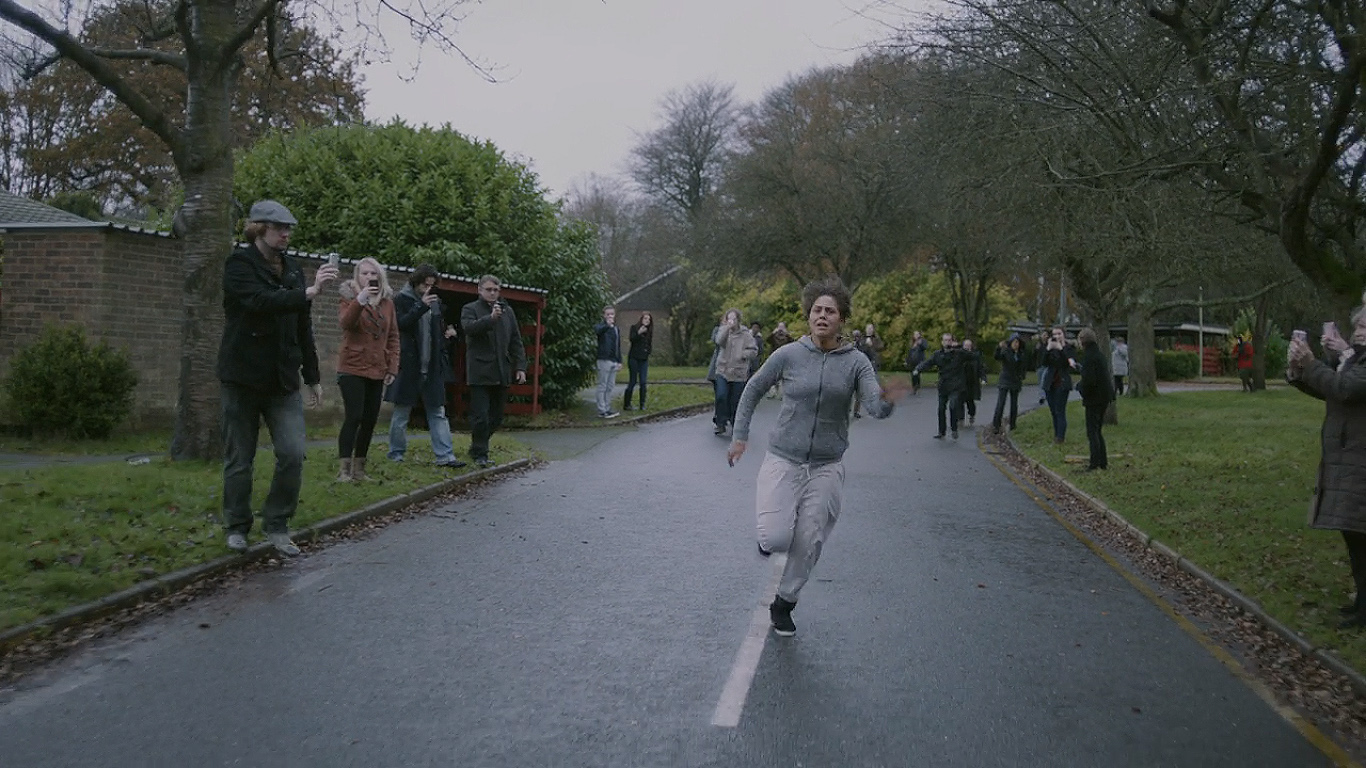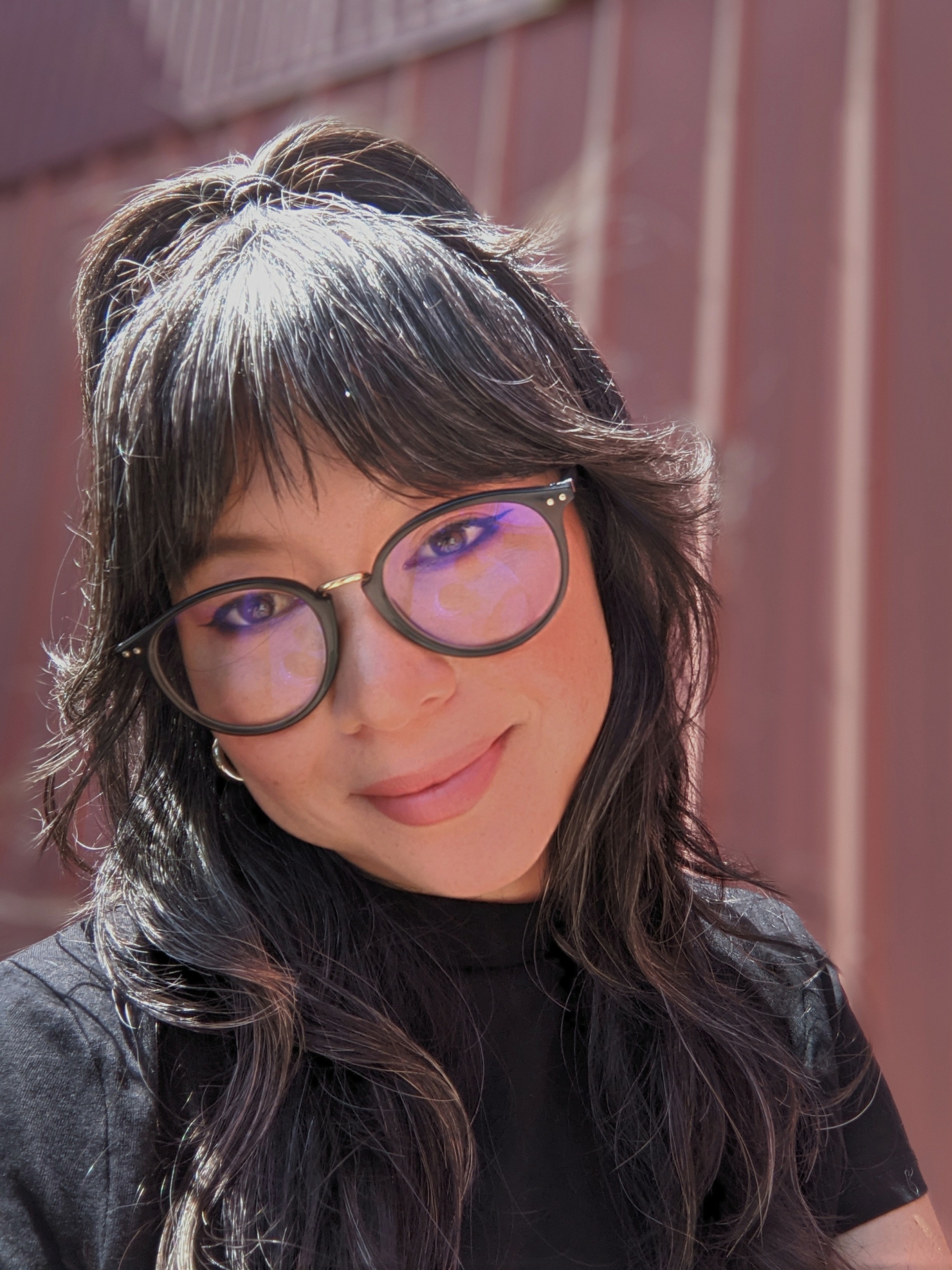Violent Virality: Racial Violence and the Making of New Media
My book project, Violent Virality: Racial Violence and the Making of New Media examines the relationships between race, technology, and media cultures through the phenomenon of watching racial violence in 20th and 21st century American culture. An interdisciplinary study that brings together digital humanities and media studies, critical ethnic studies, and surveillance and reception studies, my project theorizes a new genealogy between spectacular anti-Black violence across new forms of media and argues that racial violence is instrumentalized as a type of social and cultural beta-testing for new media’s value and “newness.” Each chapter examines an iconic instance wherein state-sanctioned racial violence intersects with the emergence of new media technologies: TV’s proliferation into the American home and civil rights violence in the early 1960s; the Rodney King beating and George Floyd’s death, mobile media technologies, and the rise of viral citizen journalism; King’s appearance on reality television in 2008’s post-network age; and finally, Twitter and #BlackLivesMatter hashtags memorializing Sandra Bland’s death in 2015. Through these case studies, I illuminate how racial violence becomes a condition of possibility for emerging media technologies to utilize its images and social importance as a conduit for legitimation, reversing the dominant paradigm of technological relations between violent spectacle and media.
This project intervenes in techno-utopianism narratives wherein media technologies are heralded as metonyms of progress and truth for their creation of transparency, safety, and accountability— manifesting something akin to freedom from violence but is not freedom. Instead, I analyze representations of racial violence that dismantle the belief that technological seeing brings us closer to its ontological truths. My work unveils how watching racial violence is a collective and habituated social practice, critically informed by the dynamics of cultural memory, media technologies, and the historical and social architectures of spectatorship. Conducting close readings of various media texts including representations of spectators, editorials of watching, videotaped footage, reality TV, Twitter feeds, online audience/user responses, I demonstrate how the act of watching spectacular racial violence created new racial formations and produced unexpected modes of witnessing and multi-directional memory integral to the evolving concepts of racial progress, technological advancement, and the legibilities and legitimacies of media itself.



